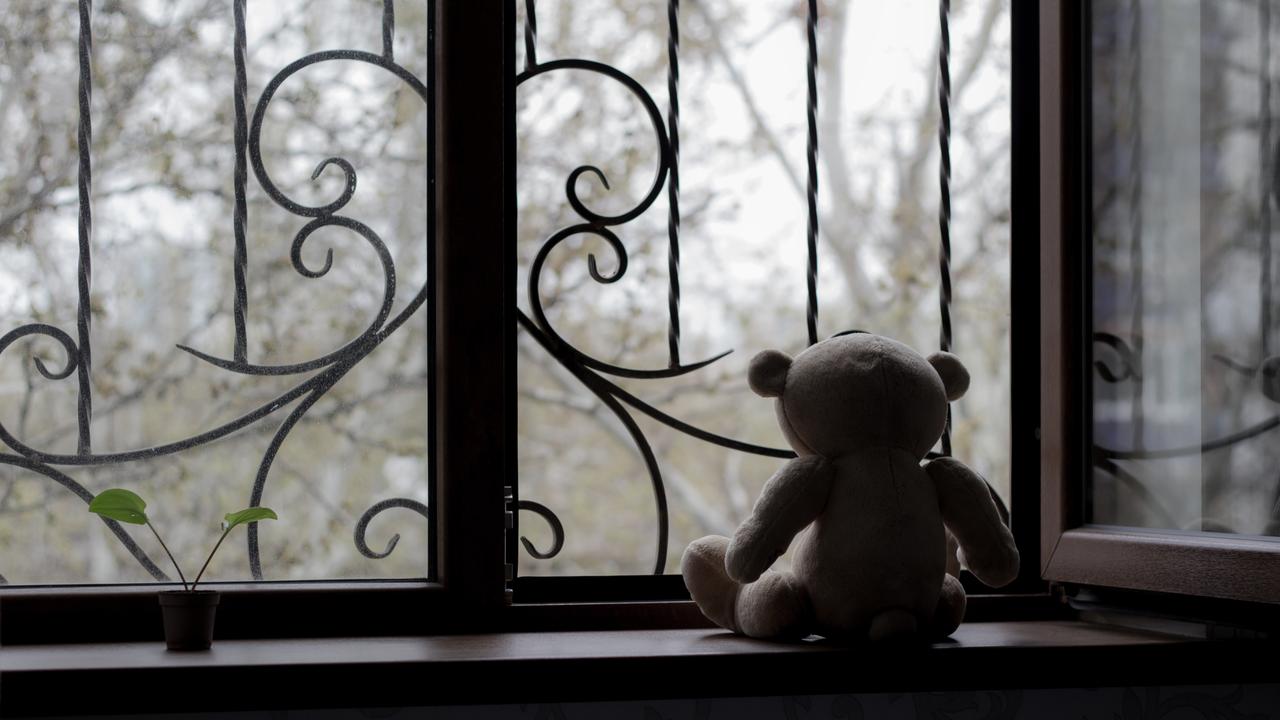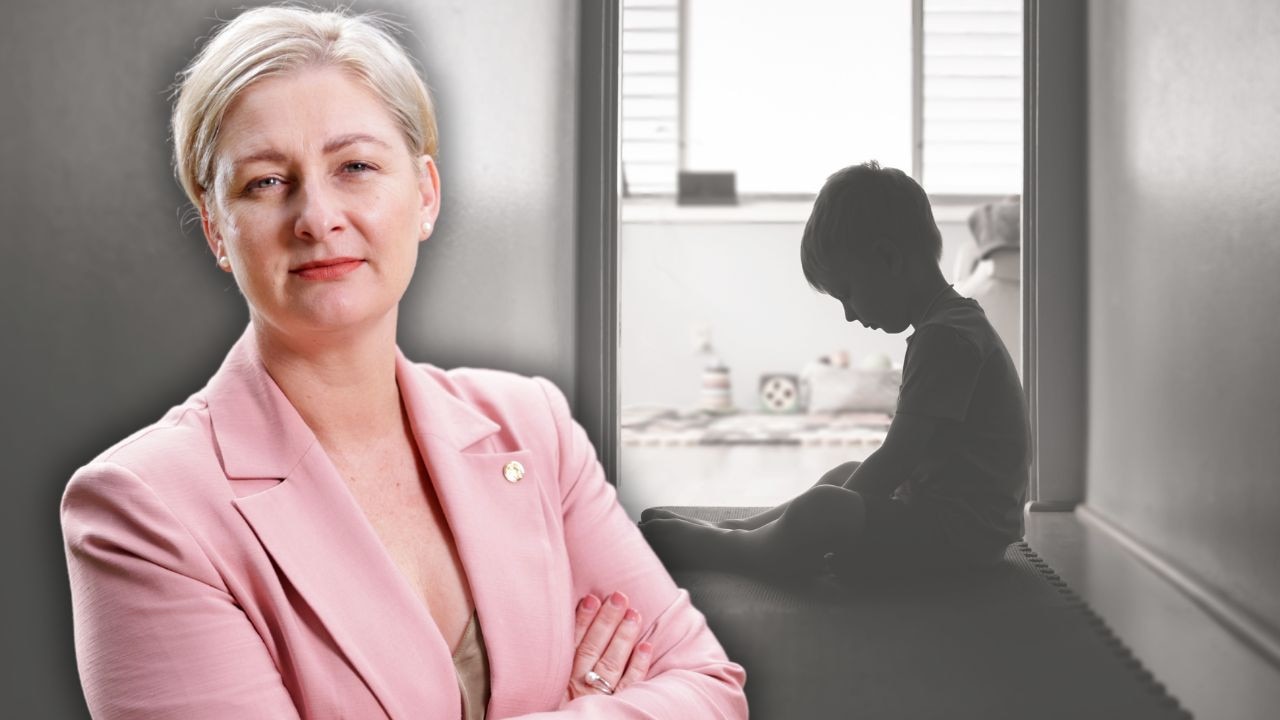Ipswich health failings laid bare: Patient waits 48 hours in ED, ambos used as taxis
Health workers at a major South East Queensland hospital have spoken out about their fears for patient safety amid claims some people have waited two days in the emergency department.
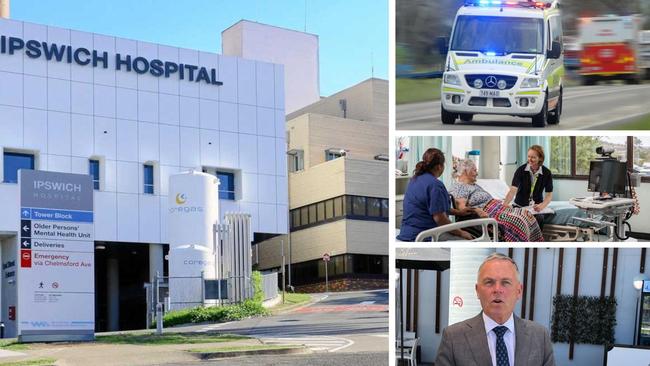
Ipswich
Don't miss out on the headlines from Ipswich. Followed categories will be added to My News.
A new report has exposed a shocking list of health challenges facing the West Moreton Hospital and Health Service region’s most vulnerable residents and what the government plans to do about them.
As part of the West Moreton Health (WMH) Local Area Needs Analysis Report (2022-2025) report, residents and healthcare professionals were asked to provide their insight and suggestions.
Some staff claimed an unnamed hospital could not provide adequate care to all patients due to staff shortages, that rural residents were forced to use ambulances as taxis, and mentally ill patients waited for a bed for more than 48 hours in an emergency department with no food or water provided.
“Access to GPs is a significant issue, long wait times, two to three weeks and a lack of transport which is causing people to present to the (emergency department) … (they’re) being used to backfill gaps in services,” a hospital staff member reported.
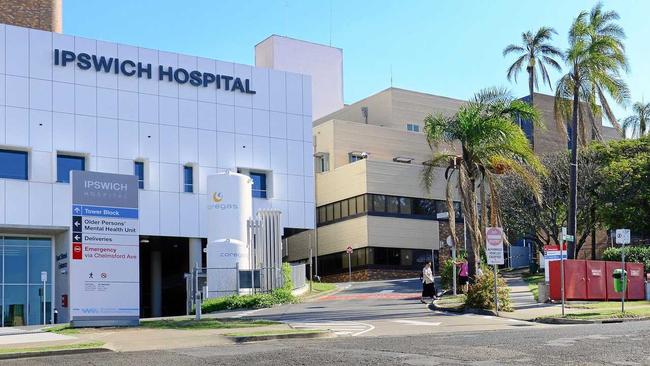
Another staff member said collaboration between hospitals and GPs needed to be improved to deal with pressure on resources and ensure patients were treated before their conditions worsened.
“Poorly managed diabetes leads to complications such as limb amputations (which) we witness in greater frequency,” they said in the survey.
A WMH hospital worker said the correct nurse-to-patient ratios were not being met, regardless of whether patients were in an urgent or severe condition.
“Every patient in every area of the wards cannot receive appropriate care (as) the establishment boasts,” a WMH hospital worker said.
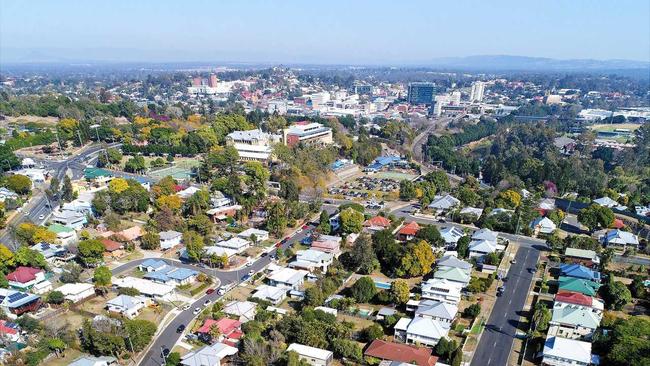
West Moreton Health Board Chair, Michael Willis, said the report would help shape a strategic plan, which would focus on preventive health measures, workforce, health equality, technology and research.
“It’s important that we shift our sights (from the pandemic) and focus on the future health needs of our community,” he said.
“We have a ballooning demand for our health services which we have to meet within a finite level of funding.
“Our strategy is all about people — making sure we have the best, brightest, and committed team of people with the clinical capabilities to care for this community.’’
West Moreton Health interim chief executive Hannah Bloch said anticipating population growth was a major priority.
“We have a challenge ahead of us, but we have done our research and identified the key health and service needs for the region,” she said.
One-third of residents in WMH’s catchment were classed as socio-economically disadvantaged, which led to more health issues than wealthier areas.
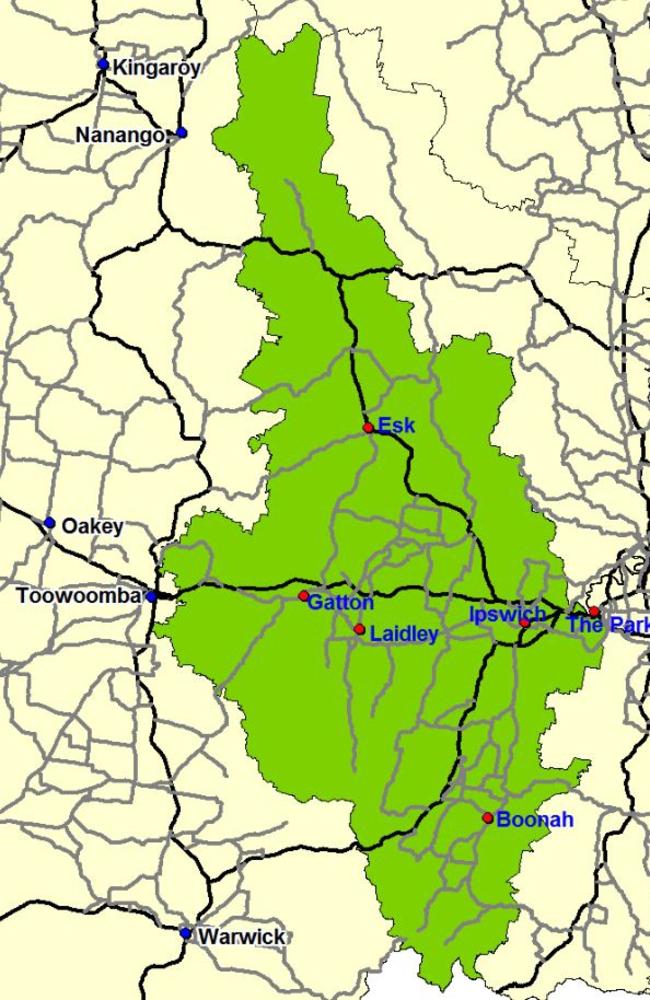
The report said the region had more people with mental health issues, disabilities, obesity and chronic health issues than many other parts of Queensland.
This was exacerbated by social factors such as a poor lifestyle, unemployment and low wages.
Between 2017 and 2021, emergency department patient numbers increased by 33.6 per cent at Esk Hospital, 27.3 per cent at Laidley Hospital, 6.7 per cent at Gatton Hospital, 5.6 per cent at Ipswich Hospital and 5.2 per cent at Boonah.
The report also said a shortage of infrastructure, facilities, experienced workers, support services and lack of a collaborative culture across the healthcare system had put residents at risk.
It was released alongside a five point strategic plan to address the issues and work to ensure all patients had access to adequate healthcare.
But the report found that First Nations patients, especially mothers, babies and teens, the elderly, children, rural residents and the mentally ill were currently at greater need of healthcare than the general community.
People requiring emergency care also faced challenges accessing adequate treatment.
Systemic failings of Indigenous people
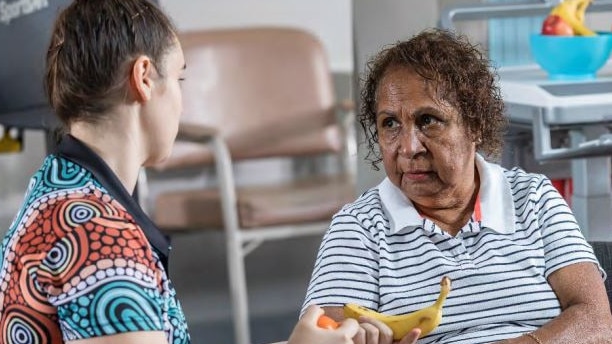
One of the key areas which should be improved, according to the report, was the health gap among First Nations residents.
It said local Indigenous people had a life expectancy of only 55, five years less than the state average and about 27 less years than non-Indigenous residents.
Mothers, babies, youth, and those with trauma were more likely to fall through the cracks and not receive the support needed.
A First Nations resident was quoted in the report as saying: “There is nothing available for our people right now. They are being turned away when they need help and they don’t know where to go.
“So many of our young people are talented, yet do not become what they could become because they are influenced by negativity, grog, drugs and crime, instead of being socially supported to be better and succeed.”
The report found 33 per cent of the region’s Indigenous population lived with high levels of “physiological stress’’ — double the level in non-Indigenous residents.
Mental health crisis
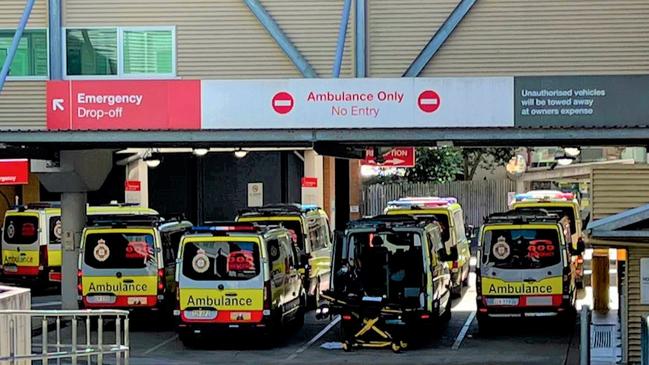
Mental health was the most commonly-reported health condition in 2021.
“Mental health services are frequently understaffed with too many (patient) referrals and not enough clinicians,’’ a WMH worker said in the report.
“There is a serious lack of psychologists in the district as well.
“We are getting a new mental health facility, but in reality it’s only providing 12 more beds than we already have … that’s not going to cut it.”
The report said young people, in particular, needed better mental health support to meet their growing needs.
Key issues facing the region’s youth included; domestic violence; sexual trauma; bullying; social isolation; anxiety; grief; discrimination; substance abuse.
“Adolescent and young people’s mental health is a significant risk,” a WMH employee said.
“WM needs crisis support for young people with mild-moderate mental health issues and sexual assault counselling.
“The community also needs more NDIS providers, private psychiatry and bulk billed mental health services including private psychiatry.”
New facilities on the horizon
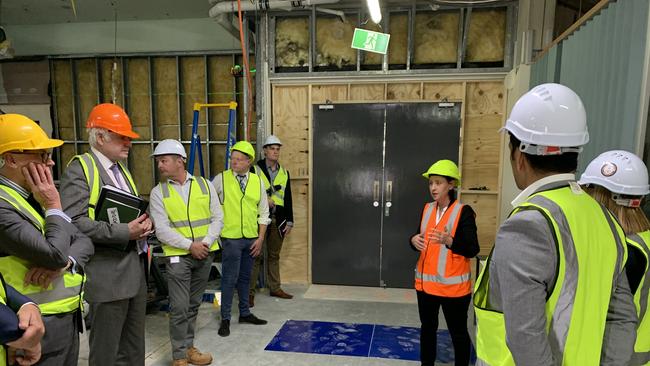
The government has earmarked $1 billion in projects to boost Ipswich health services.
Capital work projects which have been flagged include the $856.3 million Ipswich Hospital expansion project, a $20 million acute mental health unit at Ipswich, new Ripley Satellite Hospital, state-of-the-art drug and alcohol rehabilitation centre and the Springfield Mater Public Hospital.


